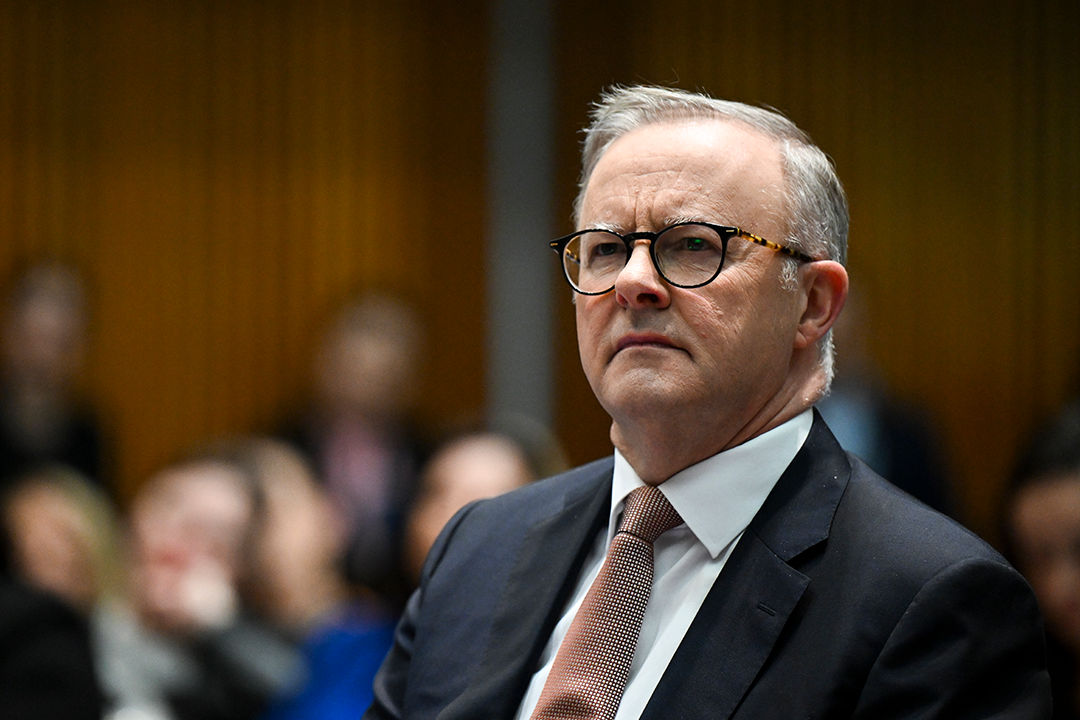

It’s ‘back to the future’ with compulsory multi-employer bargaining at the core of Labor’s new industrial relations bill. And employers are saying “not happy Albo, not happy. They think the reforms will lead to more strikes, fewer jobs, centralised decision-making and less trust within business workplaces.
The AFR says the “new sector strike rights as a seismic shift in the workplace system that reverses Keating enterprise bargaining reforms and risks jobs at a time of economic uncertainty.”
Before the election, PM Albanese wanted to tell us that his future government would be like that under Bob Hawke and Paul Keating. He didn’t want to look Rudd-like. But it looks like it was a rush job prompted by what unions want in their wage world.
Workplace Relations Minister Tony Burke yesterday said that he was open to fixing issues with his multi-employer bargaining in the bill! However, wouldn’t it have been wiser to talk to bosses first so the bill was the best it could be from the start?
Burke seemingly has learnt from Tony Abbott who once justified a headstrong decision by saying “Sometimes it's better to ask forgiveness than permission!"
It also looks like he has been union-influenced to go ask for a lot and then let Parliament make a few changes on the assumption that the current crop of MPs in Canberra won’t be too supportive of employers.
Bosses have always complained that the Government didn’t consult with them, which they argue could have created a better labour market reform.
The AFR explained that: “The 249-page Secure Jobs, Better Pay bill significantly expands multi-employer bargaining by giving unions protections to strike across employers for the first time, requiring firms to bargain if there is majority worker support and empowering the Fair Work Commission to arbitrate claims.”
But it’s not all anti-Labor, with the Bill getting a tick from employers for simplifying the enterprise bargaining system, but they don’t like “the broad and complex multi-employer bargaining rights that threaten to rope in any employers that have similar geography, work or regulatory regimes.”
Wesfarmers chairman, Michael Chaney sees Labor’s efforts this way: “While the government is intending to incorporate some safeguards against unintended detrimental outcomes, we are concerned that it could result in more efficient, individual businesses being disadvantaged and a ‘lowest-common-denominator’ approach to wages.” (AFR)
In summary, the bill also includes:
• enforceable rights to flexible work
• limiting fixed-term contracts
• banning pay secrecy,
• arbitration for “intractable” bargaining disputes, and
• abolishing the union watchdog and the Australian Building and Construction Commission.
One big concern for bosses is the single interest test, where if there are common interests between businesses such as location or regulation, unions can compel employers to bargain of they have majority support in each workplace.
And there a worries about pay secrecy provisions. These would be added to the Fair Work Act, handing employees a positive right to disclose or not disclose information about their own remuneration and any related terms and conditions of their employment.
Big companies such as banks often have pay secrecy provisions, but under this Bill, Tony Burke says “workers who want to have a discussion about pay equity at work should not be prohibited by their employment contracts from doing so.”
The Greens back the move and so does the Australian Council of Trade Unions secretary Sally McManus, who told the AFR that pay secrecy rules stopped workers negotiating fairly with their employers. “If you have people in a more equal bargaining position, more equal platform, you get better results. “You get better bargains. This is just true in life,” she said.
Given the implications of Albo’s new wage Bill, I doubt whether many bosses are saying: “Wage world! Wage world! Excellent! But I guess they don’t vote Labor.